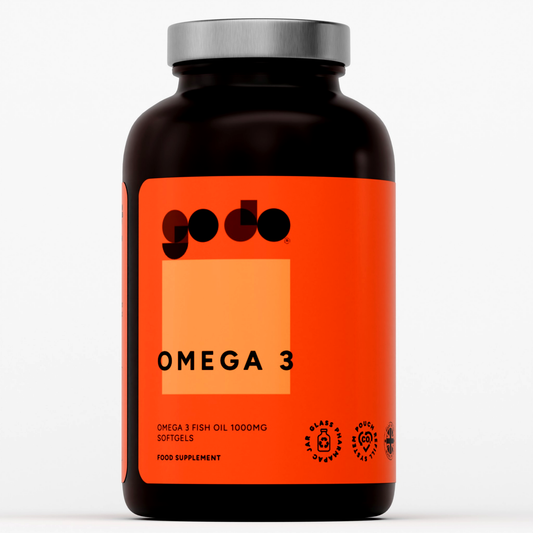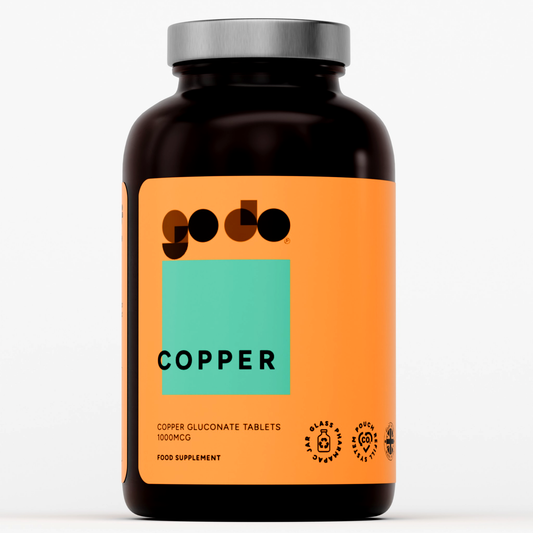
In today’s world, people are more considerate about physical fitness and well-being than ever before, and for this reason, they perform various exercises and partake in sports to keep their bodies fit and healthy.
Our bodies get various vitamins and nutrients from the food we eat on a daily basis; however, the body doesn’t receive all the required nutrients in the adequate amount. One example of this is a nutrient known as choline.
The possible symptoms of choline deficiency include; fatigue, muscle aches, memory loss, and mood swings. To fulfill the additional requirements of nutrients, minerals, and vitamins of the body, we need to turn to dietary supplements which are considered to be the ideal tools for boosting human health.
What is choline?
Typically, choline is used in fitness supplements. Choline is an essential, water-soluble nutrient. The chemical formula for Choline is C5H14NO. It is found naturally in various foods including eggs, liver, dairy products, pasta, spinach, wheat, cauliflower, chickpeas, turkey, cooked kidney beans, fish, almonds, and peanuts.
Just like other vitamins or minerals, choline is not only a daily recommended nutrient, but at the same time, it is also important for the body because deficiency of choline in the body can lead to a number of problems.
Why is choline important for fitness?
The basic function of choline is to help in the process of Methylation, i.e., the process that helps in converting the toxic amino acid (homocysteine) into a beneficial amino acid (methionine). Furthermore, it also maintains adequate energy levels, helps in effective brain functioning, and supports the digestive, nervous, endocrine and reproductive systems as well.
It also helps in improving sleeping patterns and encourages quick recovery after an intense workout. It helps in preventing muscles aches and reduces the risk of heart diseases and blood cholesterol.
Choline is an essential part of a diet because it has a deep impact on our cognitive abilities. It helps in developing cell membranes and also plays a role in forming DNA and cell structures which are responsible for building up the entire human body structure. It also assists in supporting the central nervous system.
Choline in fitness supplements
Choline is widely found in fitness supplements because this nutrient is important for liver function, brain development, and the movements of muscles. Moreover, it supports the energy levels during intense workouts and helps in maintaining and strengthening the body’s metabolism rate. These supplements are also recommended for boosting the human brain’s functionality and retaining memory.
Athletes generally benefit from taking fitness supplements that are high in choline because it helps in strengthening the nerve function and prevents muscle aches. It is needed to activate a neurotransmitter called acetylcholine. When the muscles move, it sends a signal to the muscle cells and moderates the intensity of the exercise. Furthermore, it also helps people when it comes to bodybuilding and delaying the occurrence of fatigue during sports activities.
Choline is one of the safe nutrients one can consume, and it hardly causes any side effects. However, in case it is consumed in excess, it can become harmful to the human body, causing serious problems including nausea, an excessive amount of perspiration, increase in blood pressure, and diarrhea.
Kinds of choline
The different types of choline found in dietary supplements include:
- Choline Bitartrate: the cheapest and widely available form of choline found in supplements that is highly beneficial for the liver.
- Choline Citrate: this is a form of choline which is highly effective for greater muscle strength.
- Lecithin: it is naturally found in eggs and soy products. It is beneficial in increasing acetylcholine levels.
- Citicoline: an expensive but premium form of choline that helps in improving a person’s cognitive abilities.











